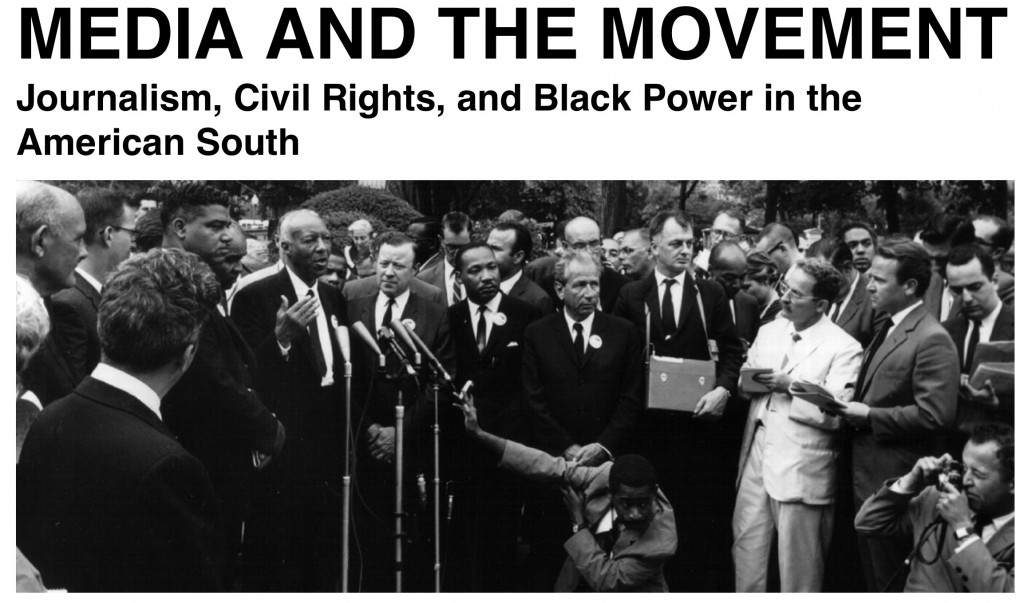DONALD BAKER ON WAFR
Donald Baker, among the first staff members at Durham’s WAFR radio–also known as Wave Africa–reflects on the freedom afforded by the station’s format in a 2010 interview with Joshua Clark Davis:
One morning during the week I played Aretha Franklin’s “Holy, Holy,” and it was off of her double album, it was a gospel album, it’s a double album. It was a live recording. And I followed it with John Coltrane’s “Love Supreme.” The thing about working at AFR is that you could experiment. And if you knew the music, if you knew much of the music: the R&B, the gospel, the jazz, you could mix. You could go a lot of places.
As historian William Barlow writes, “nothing else sounded remotely like WAFR on the Durham market.” (Voice Over, pg. 287) Mr. Baker’s interview will soon be available online via UNC’s Southern Historical Collection.




